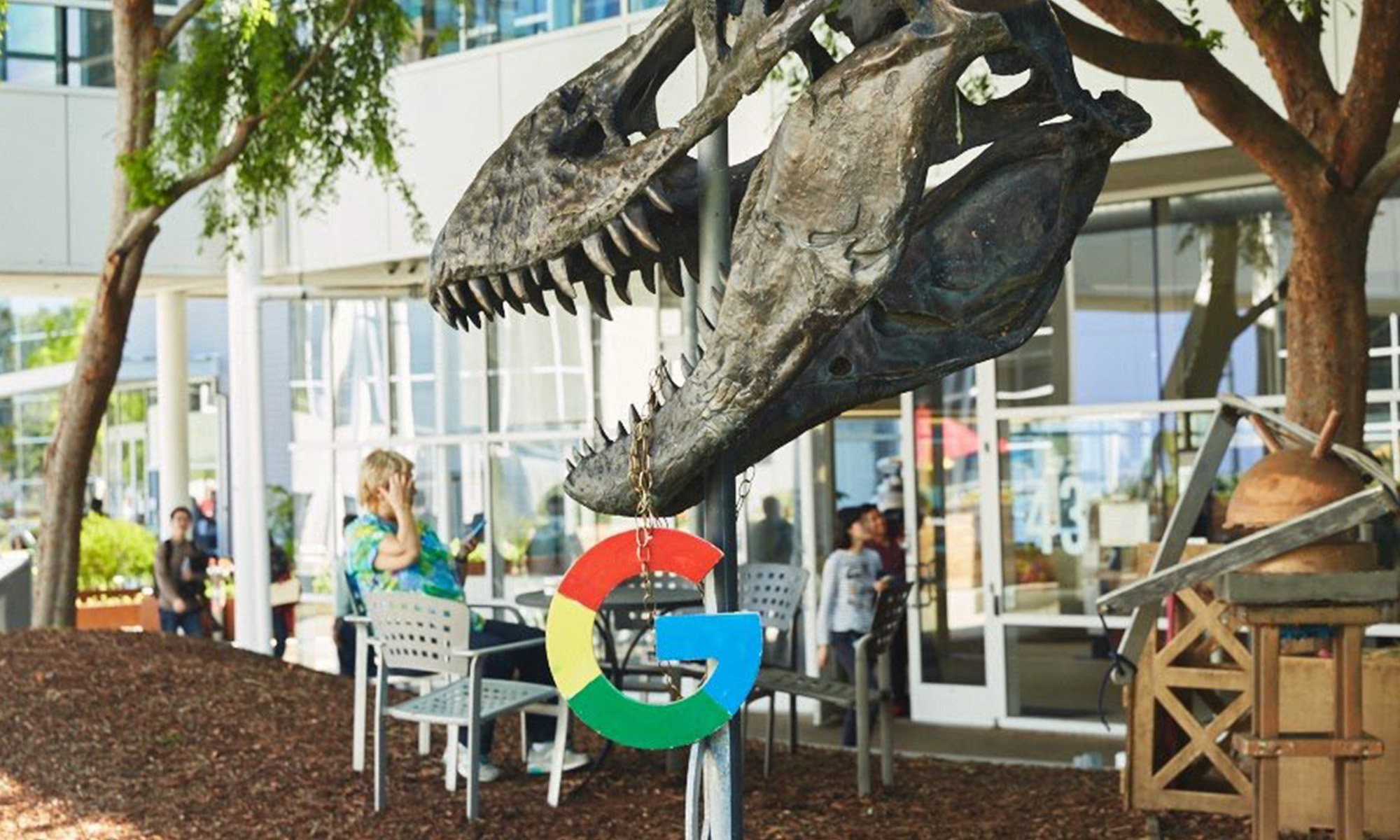Alphabet (GOOG 0.12%) (GOOGL 0.27%) is one of the biggest spenders on artificial intelligence (AI) in the world. During its second-quarter earnings call, CFO Anat Ashkenazi said that it would spend $85 billion this year on capital expenditures, up from her prior outlook of $75 billion. Two-thirds of that would go toward servers for training and running large language models.
But Alphabet is also heavily invested in AI in other areas, including its CapitalG independent growth fund. The fund has $7 billion in assets under management, and it's been an early investor in several major companies (16 of which have made IPOs).
As of the end of Q2, the fund held 36 publicly traded stocks, according to its 13F filing with the SEC. That's down from 40 stocks held after the first quarter after fully divesting several holdings. One of those divested holdings is a major AI stock that CapitalG first invested in during its Series C in 2015. Instead, its parent company Alphabet has agreed to acquire a five-year-old start-up in the same space for $32 billion.

Image source: Getty Images.
Taking gains on one of this year's biggest winners
Over the last two quarters, CapitalG has sold off its remaining shares of CrowdStrike. At the end of 2023, the fund held 1.3 million shares of the stock, and it accounted for 15% of the fund's marketable equity portfolio's value.
But CapitalG started selling off the stock as it rose in value in 2024. That summer, however, CrowdStrike suffered a massive outage, which sent the shares tanking more than 40% from its high. Once shares recovered to their previous high, CapitalG resumed selling.
The biggest factor in the investment team's decision to sell the stock appears to be valuation. That said, Alphabet's decision to acquire competing cloud security company Wiz in March may have pushed the team to complete its divestment.
CrowdStrike is still recovering from the massive outage it experienced in July of last year. That's weighed heavily on its operating margin. The company has stepped up sales and marketing spend while offering customers discounts for purchasing multiple modules across its security platform. Non-GAAP operating margin fell to 18% in its most recent quarter, down from 23% a year ago.

NASDAQ: CRWD
Key Data Points
But as CrowdStrike puts last year's outage in the rearview mirror, it's well positioned to expand its margins once again and accelerate earnings growth. Revenue continues to climb rapidly, up 42% year over year. That's bolstered by more customers taking multiple modules, with 48% using at least six of its products. That increases switching costs, and CrowdStrike's robust portfolio of solutions plays into the trend of vendor consolidation. As companies migrate more workloads to the cloud, they're looking for an all-in-one solution that can handle all their security needs, and CrowdStrike is well suited to meet that demand.
CrowdStrike is also investing in agentic AI capabilities with its new Charlotte platform. The software can take swift action to curb security threats upon detection. That's built on top of CrowdStrike's machine learning algorithms used to detect security threats in the first place.
But even with the strong top-line growth, CrowdStrike shares currently trade for around 27 times sales. That makes it one of the most expensive stocks, by far, in the cybersecurity space. And with Alphabet's planned acquisition of Wiz, CrowdStrike's position in cloud security may be about to get a bit weaker.
Building a more competitive cloud service
Google currently operates the third-largest public cloud platform, Google Cloud. While it's growing quickly, it still trails its next-closest competitor, Microsoft's Azure, by a wide margin. Its Q2 run rate of $54.5 billion in cloud revenue is well behind Azure's $75 billion in revenue for fiscal 2025. Given that Microsoft's growing its sales faster than any company in the space, Google isn't going to catch up anytime soon.
Embedding Wiz's cloud security solutions into Google Cloud can add a new source of revenue for the company and increase its stickiness. That said, overdoing it and losing Wiz's overall neutrality when it comes to cloud platforms could lead some customers to shift to competing services like CrowdStrike. So finding the right balance will be key for Alphabet.

NASDAQ: GOOG
Key Data Points
Wiz can benefit from Alphabet's ownership as well. It would gain access to more capital for investing in artificial intelligence, which is essential for identifying threats and closing vulnerabilities.
Over time, Google Cloud could win share of cloud contracts in industries where security is of premium importance, such as government contracts or banking. While the $32 billion price tag for Wiz is extremely expensive, the potential for Google to grow the business and strengthen its cloud platform makes it worth it, especially since it's sitting on $95 billion of cash and marketable securities.
Shares of Alphabet look attractive at a forward price-to-earnings of less than 20. While it suffers from potential regulatory pressure, investors are getting a good value at the current price. If regulators approve the Wiz acquisition, it should bolster the fastest-growing segment of the business, making it an even better deal at this price.






